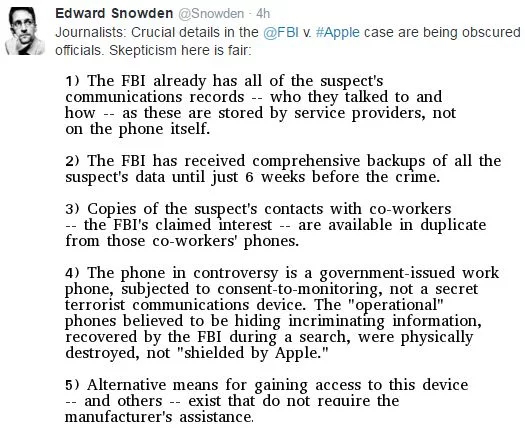A little more than a week ago, I wrote a blog post on the EU-US Privacy Shield. This is supposed to replace the fallen “Safe Harbour” agreement, protecting European personal data when transferred to the US. (The latter didn’t, that’s why the European Court of Justice invalidated it.)
But, as I wrote, the EU-US Privacy Shield is just a framework agreement, not a deal. No substance. Nothing. Everyone is just stalling for time.
And I’m not the only one to be suspicious. Today the weekly EDRi-gram from Brussels-based NGO European Digital Rights turned up in my mailbox. And they do take a swing against the Privacy Shield illusion:
What’s behind the shield? Unspinning the “privacy shield” spin »
Some quotes…
• If there is a deal, why was nothing published?
It is standard practice from the European Commission. When an agreement is reached, the Commission launches a press release, but not the actual agreement. In this way, the Commission can control the amount of information available to journalists and the general public. It then launches the actual document once the press cycle is over and the details are no longer newsworthy.
I couldn’t agree more. Things like this happen all the time. And the EU Commission seems to get away with it all the time. In this case, let’s keep an eye on the ball for a change.
• Was there a deal?
Actually, there was no deal. The Commission had to announce something on 2 February in order to prevent regulators from starting enforcement action against companies that were (and, today, still are) transferring data illegally to the United States.
Bulls eye, again. What we see is the EU political system trying to dodge the EU judicial system. I won’t quote the entire text, but I must direct your attention to this showstopper…
• Is it strategically wise to announce a deal before discussions have been completed?
For the US, definitely, for the EU, it was strategically disastrous. As the EU has announced a deal, European negotiators have absolutely no leverage in the discussions around the detail of the agreement. Politically, it is impossible for the EU to reject anything that the US now proposes, because it is politically impossible for the Commission to abandon negotiations after it announced the completion of an agreement.
Is this just mind-bending incompetence? Or outright political sabotage?
And so it goes on. You really should read the whole piece.
The European Parliament (that has demanded a suspension of the Safe Harbour agreement for years) ought to be very upset. And the European Court of Justice should treat this as contempt of court, if there is such a thing in its’ regulatory framework.
We really shouldn’t let the European Commission get away with this. European citizens deserve decent data protection.
/ HAX
